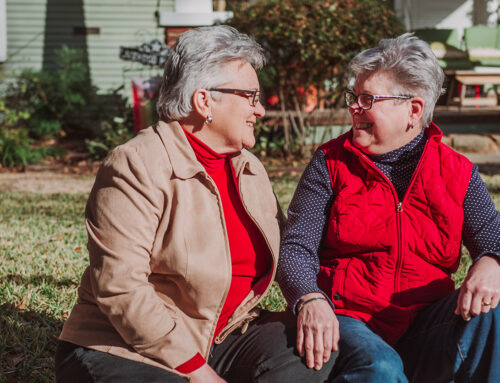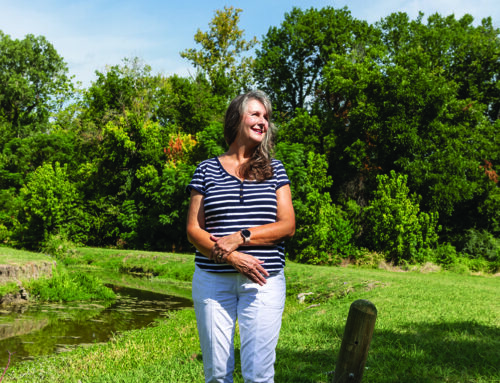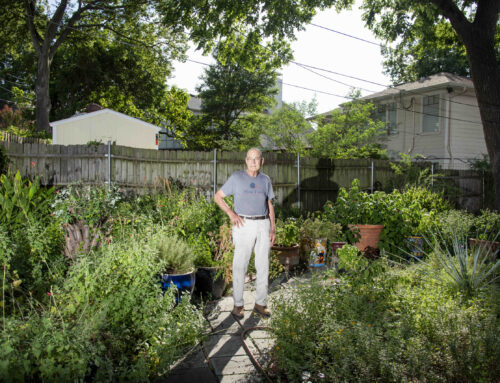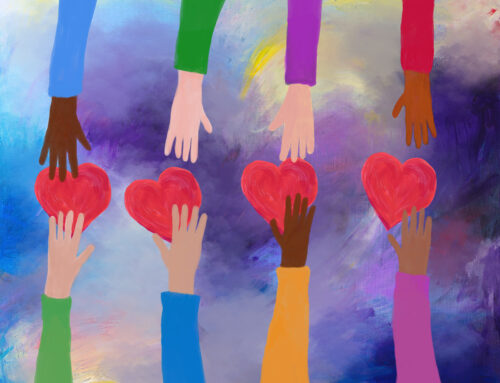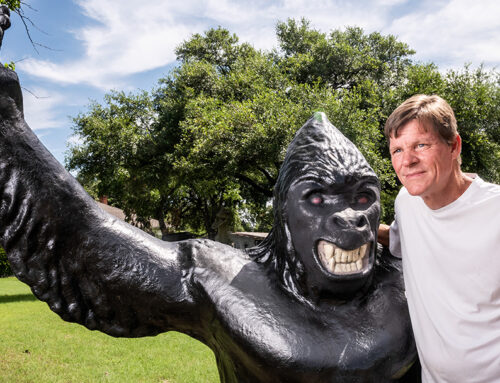My New Year’s resolution is to become close friends with Prudence and Hilary. These sister virtues are the fraternal twins we need to know intimately. They will keep us grounded and elevated at the same time.
We have become a profligate and dour society — living beyond our means on the one hand, and worried beyond reason on the other. The wages of our sins are the deaths of security and confidence.
Prudence and cheerfulness are antidotes that, if taken daily, will drive the poison from our systems and set us on the path to health. We need more self-discipline and more hopefulness. We need less self-gratification and less anxiety.
America was born with a conception of freedom that was spiritual and political. Pilgrims came to these shores escaping the tyranny of church hierarchs who played lord over their souls. They believed that God held them directly responsible for their spiritual condition, and therefore they needed to be free from answering to human authorities who would put themselves between the individual and God. This freedom to worship as one chose, within covenant communities of faith that were also chosen, became a hallmark of American identity and led to the so-called first freedom encoded in the Bill of Rights: religious liberty.
Similarly, colonists soon tired of taxation without representation. They sought self-rule. They believed that freedom from servitude to a foreign monarch would lead to a flourishing local life. Responsible self-government meant virtuous citizens doing what was right by themselves, and for their families and neighbors.
Spiritual and political freedom had positive content. But over time, both conceptions of freedom have degenerated into rights more than responsibilities. Rather than serving God, we serve our own appetites. Rather than serving the common good, we serve our special interests. We think of freedom now as our right to have or do whatever we want and to pursue whatever we lack.
Boundaries of courtesy have been erased, as well as borders of national integrity. We will use other people to achieve our selfish ends, and we will intervene in sovereign nations to expand our control. We call this freedom today, but this is exactly what we rebelled against at the first.
At the same time, we have been changing our definition of freedom and trying to convince those in far-flung places that they ought to be more like us, we have been realizing the emptiness of this way of life. Like drug addicts who need larger doses to get high, we seek more of everything for marginal and fleeting pleasure. Our TV programs, movies and computer games have become more graphic and shocking. We are losing the capacity to enjoy the simple gifts of life.
Consider the four definitions of prudence from Merriam-Webster: (1) the ability to govern and discipline oneself by the use of reason; (2) sagacity or shrewdness in the management of affairs; (3) skill and good judgment in the use of resources; and (4) caution or circumspection as to danger or risk. Ask yourself whether we would be in the moral, financial, ecological and global mess we are in today if prudence reigned.
But prudence can become prudish without her cheerful sister, Hilary. The word cheerful comes from the Greek hilaros, from which we get hilarity. The Bible records that God loves a cheerful giver. Attitude isn’t everything, but it is something.
Cheerfulness grows out of a heart of contentment. We can give to others when we believe we have enough and always will. When we always feel a need for more, we worry we will be without. And that makes us fearful and unhappy. If we believe that God will supply all our needs as God has promised, then we can practice prudence with what we have and be generous, too.
Cheerfulness without prudence is vain optimism, but when paired with prudence, cheerfulness becomes a contagious joy and a robust hope.

